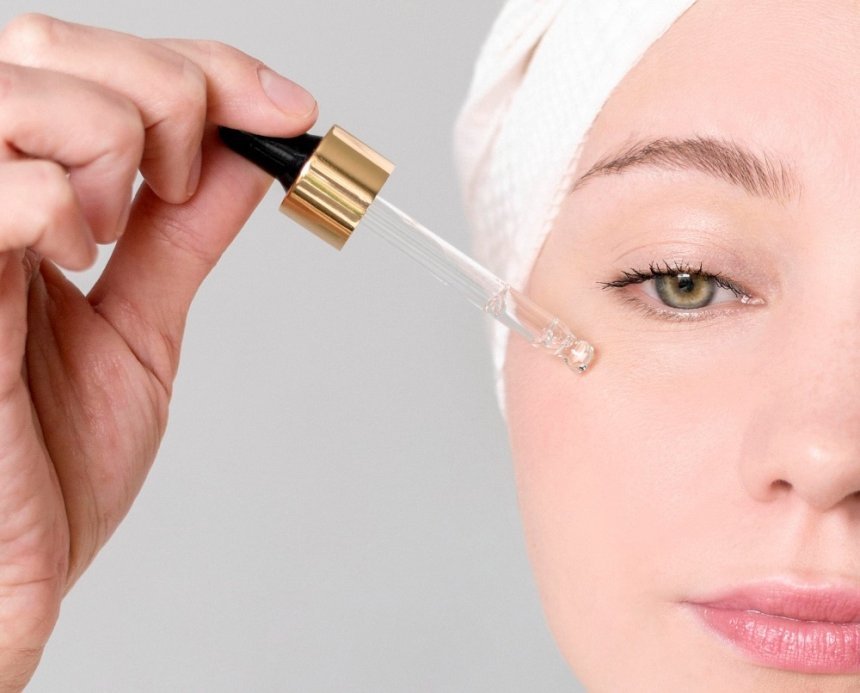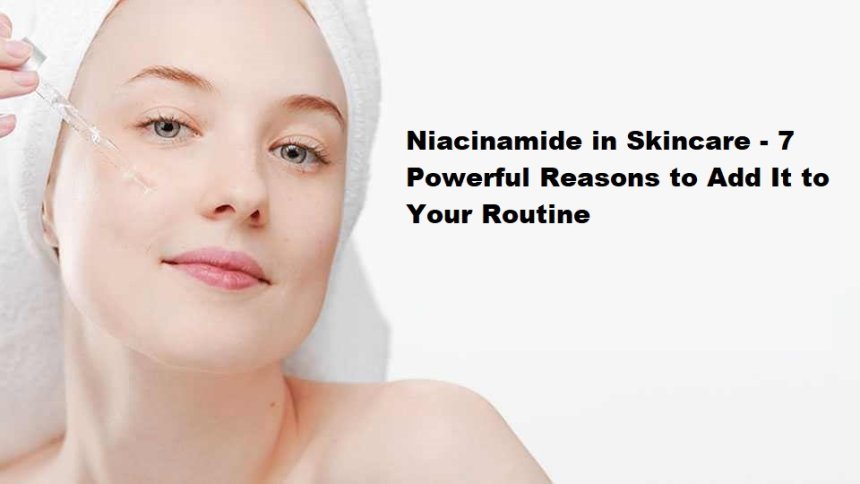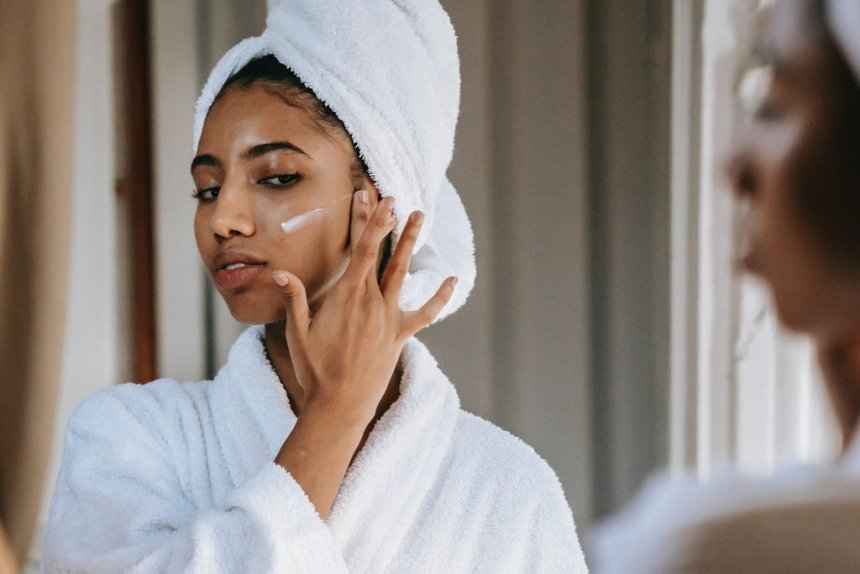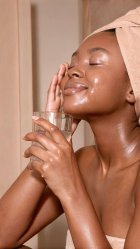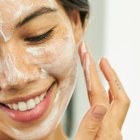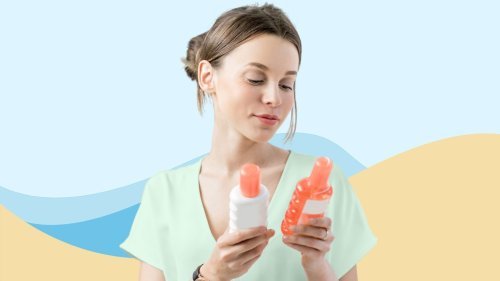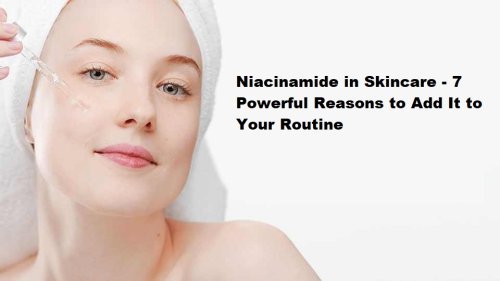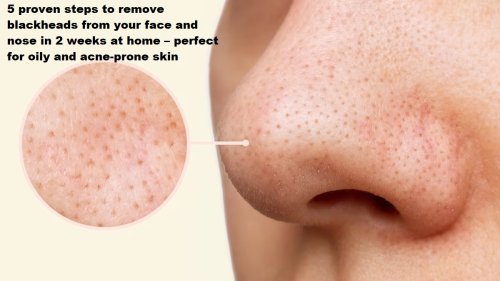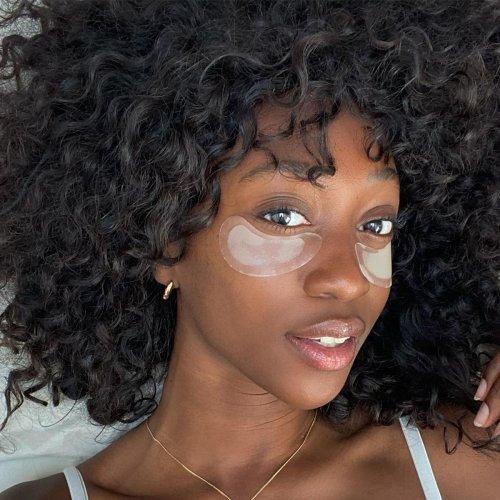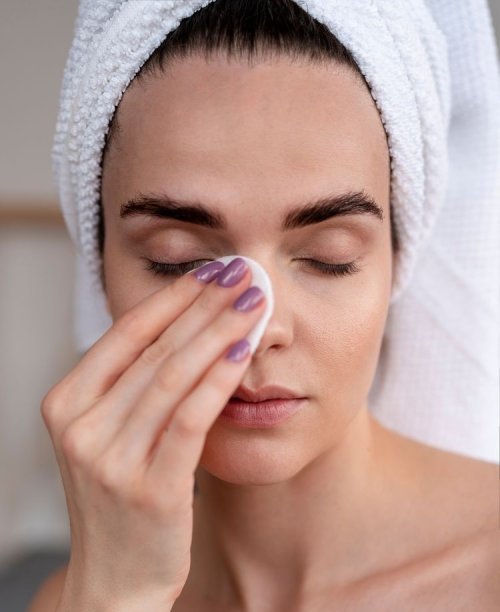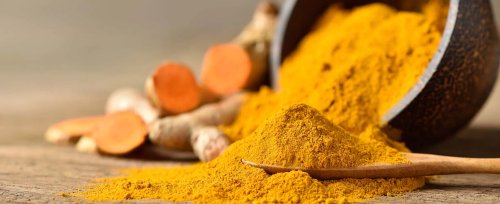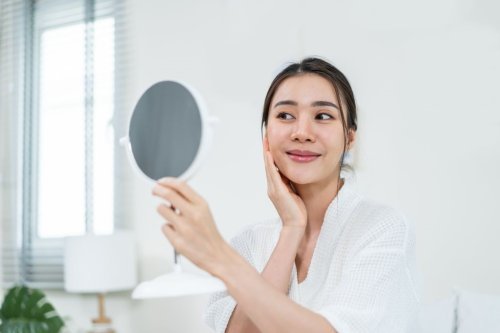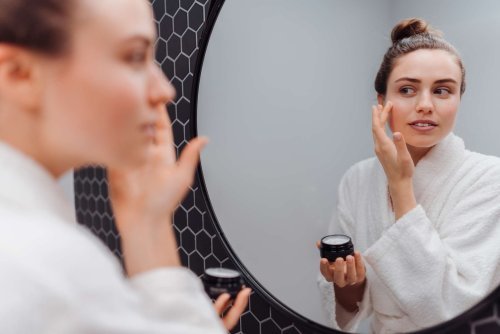7 Common Products You Should Never Use on Your Face - Even If They’re Trending
Yes, it’s trending! Of course, it must be safe to use. Yes, it’s the common thing we see and use every day in our lives there’s nothing wrong with using them. But come closer, let me give you a gist! There are common products you should never use on your face, even if they’re trending or you feel it’s something you know or have seen someone else use. Obviously, your face is different from your body.
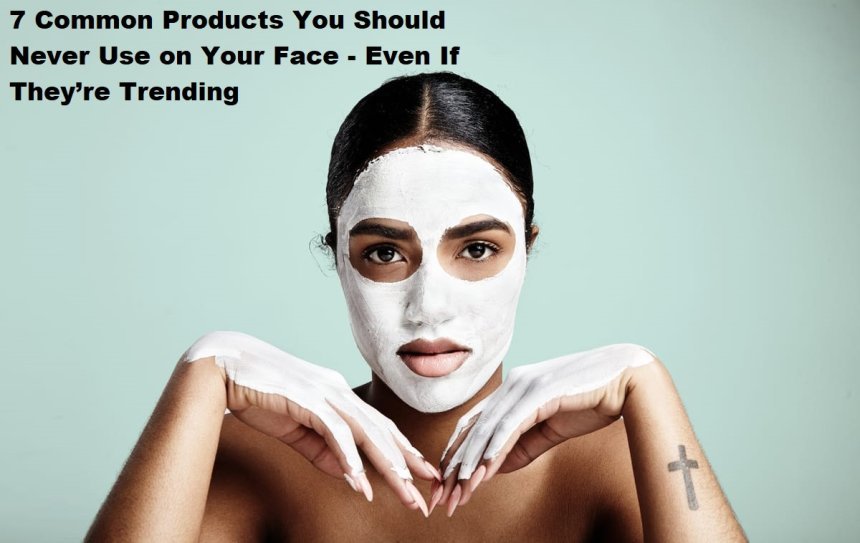
7 Common Products You Should Never Use on Your Face - Even If They’re Trending
Yes, it’s trending! Of course, it must be safe to use. Yes, it’s the common thing we see and use every day in our lives there’s nothing wrong with using them. But come closer, let me give you a gist! There are common products you should never use on your face, even if they’re trending or you feel it’s something you know or have seen someone else use. Obviously, your face is different from your body.
Not everything you use on your body is applicable to your face. That body lotion you thought was safe can actually cause skin irritation. Yes, follow me down to the post and I’ll tell you why. In this blog post, I will walk you through the common products you should never use on your face.
7 Things You Should Never Use on Your Face
Here are the most common things you should never use on your face
1. Raw eggs
Certain beauty hacks claim that raw egg whites can help tighten pores or firm the skin. However, beyond being unhygienic, raw eggs may contain salmonella, which can lead to infections particularly if you have cuts or acne. They can also cause skin irritation or allergic reactions. In the end, any results they offer are minimal and can be achieved more safely with properly formulated skincare products.
2. Toothpaste
Toothpaste does contain ingredients like baking soda and hydrogen peroxide, which can reduce moisturebut these are formulated for dental use, not skincare. Applying toothpaste to your face can lead to excessive dryness, irritation, redness, and even peeling of the top skin layer. It’s better to use acne spot treatments that are specifically made for the skin, containing ingredients such as salicylic acid or benzoyl peroxide. However, keep in mind that benzoyl peroxide can be irritating and should be avoided by those with rosacea-prone skin.
Also Read; 5 Must-Have Skincare Products for Oily and Dark Skin That Radiate Glow
3. Lemon juice
Lemon juice is highly acidic, with a pH between 2 and 3 much lower than your skin’s natural pH of around 5.5. This imbalance can weaken your skin’s barrier, leading to dryness, irritation, and increased sensitivity to the sun. Even more concerning, if lemon juice isn’t thoroughly rinsed off before sun exposure, it can trigger dark spots and uneven skin tone. So, while lemon works wonders in your drinks or meals, it’s definitely not something you should be putting on your face.
4. Baking soda
Baking soda is highly alkaline, which can throw off your skin’s natural pH balance and interfere with its ability to retain moisture and fight off bacteria. Using it regularly may lead to dryness, irritation, and inflammation. While it works great as a household cleaner, your skin requires gentler, pH-balanced care.
Also See: 5 Natural Ways to Permanently Remove Dark Circles Under Eyes at Home
5. Body Lotion
Skincare can be demanding each area of your body has its own unique needs. If you’re among those who believe applying body lotion to your face is a shortcut, think again. Using body lotion on your face is a bad idea. These lotions are typically thicker, heavily scented, and can leave your facial skin feeling greasy and irritated. The skin on your face is more delicate and requires a lighter, gentler moisturizer. Plus, body lotions are mainly designed to hydrate, not to tackle specific facial concerns like aging or breakouts, which facial creams are formulated to handle.
6. Vegetable Shortening
Vegetable shortening is sometimes used as a remedy for psoriasis and is suitable only for the skin on your body. It’s far too heavy for facial use and can easily clog pores, leading to breakouts.
7. Acetic Acids aka Vinegar
Many people have tried using vinegar as a toner or to treat blemishes. While it may seem relatively safe, it’s important to remember that vinegar becomes more concentrated as it loses water over time. Using vinegar that’s too strong can actually burn your skin. Instead of taking risks with your face, it's wiser to choose a toner that suits your skin type. Thankfully, there are plenty of gentler natural remedies for blemishes like aloe vera, green tea, and honey that are kind to the skin and can help improve its texture and smoothness.
Bottomline:
Using certain products might seem safe, but the ingredients they contain can actually harm your skin. Skincare may be demanding, but it’s important to understand what works for your face and stick to products that are truly suitable.
Share
What's Your Reaction?
 Like
0
Like
0
 Dislike
0
Dislike
0
 Love
0
Love
0
 Funny
0
Funny
0
 Angry
0
Angry
0
 Sad
0
Sad
0
 Wow
0
Wow
0
